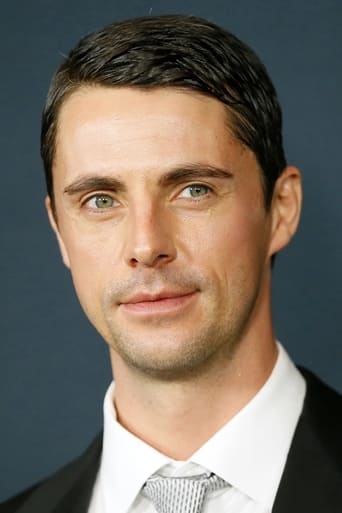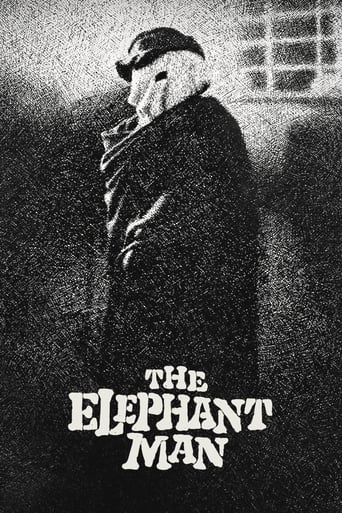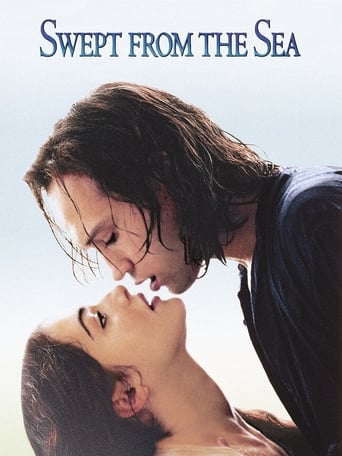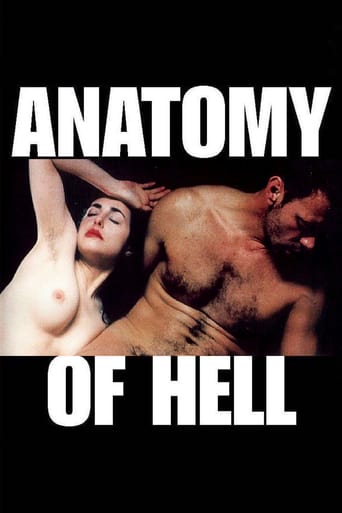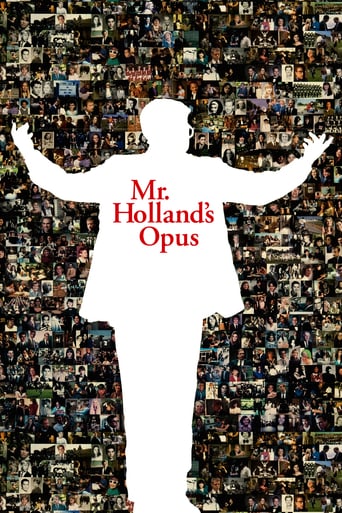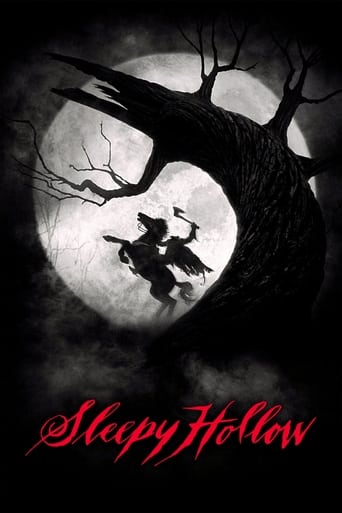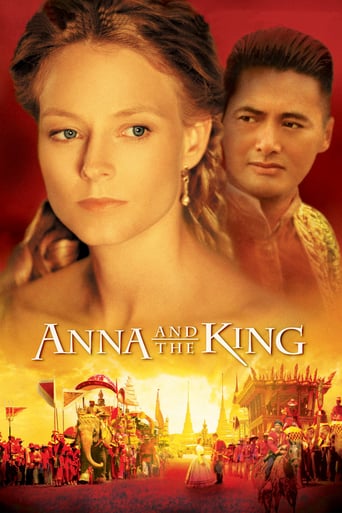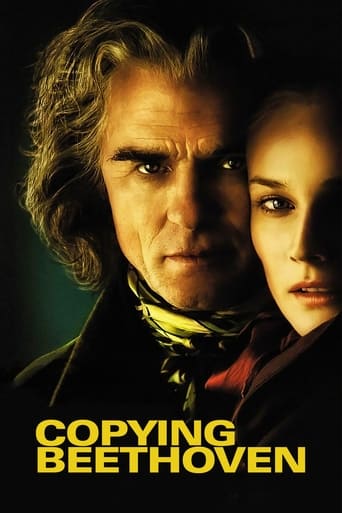
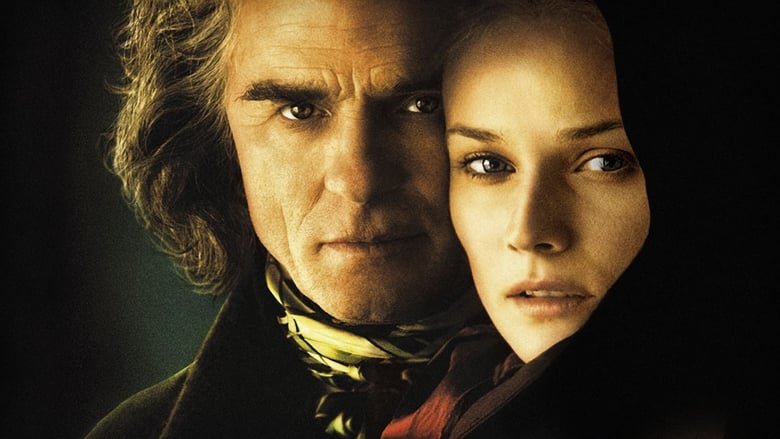
Copying Beethoven (2006)
A fictionalised exploration of Beethoven's life in his final days working on his Ninth Symphony. It is 1824. Beethoven is racing to finish his new symphony. However, it has been years since his last success and he is plagued by deafness, loneliness and personal trauma. A copyist is urgently needed to help the composer. A fictional character is introduced in the form of a young conservatory student and aspiring composer named Anna Holtz. The mercurial Beethoven is skeptical that a woman might become involved in his masterpiece but slowly comes to trust in Anna's assistance and in the end becomes quite fond of her. By the time the piece is performed, her presence in his life is an absolute necessity. Her deep understanding of his work is such that she even corrects mistakes he has made, while her passionate personality opens a door into his private world.
Watch Trailer
Cast


Similar titles
Reviews
How to make a movie about Beethoven while managing to live up to the stupendous composer he was? And more particularly, as is the case here, about the making of his immortal, exhilarating, uplifting Ninth Symphony? Mission impossible? Well, judging from a series of past artistic failures on the theme, one would be tempted to say yes. For sure, a few of the roughnecks who dared enter such uncertain terrain should have thought twice before getting burned. Take Abel Gance for example and his outrageously overblown « Un grand amour de Beethoven », to say nothing of his equally ridiculous « 10th Symphony ». Feeling wary for fear of watching just another of those boring phoney biopics about a great genius is then justified. But the prejudice is soon - and happily so - to be disproved by what is given to see and to hear. As a matter of fact, as Agnieszka Holland's movie unfurls, the viewer (and listener) feels more and more involved... to the point of being downright carried away. It looks (and sounds) as if where Abel Gance failed (achieving to image Ludwig Van's fiery romantic music), Agnieszka Holland (a very underrated director), succeeds as for her in converting the try. Not that the movie is perfect (No one is obliged to do the impossible!). There ARE one or two debatable points. The main criticism addressed to « Copying Beethoven » concerns the script. Many are those who blame the writers (Stephen J. Rivele and Christopher Wilkinson) for taking liberties with the facts. And it is true that although building on a historically accurate situation (in 1824, after the death of his favorite copyist Schlemmer, Beethoven, who had encountered problems with his new collaborator Peter Gänzler, asked his publisher for a new one), the two authors soon take a side road. In real life, the composer was assigned two male copyists whereas in the film, there is only one - and a female one to top it all! A well-founded objection if one sticks to hardcore historical truth. But art wants what art wants: poetic licence has always existed and is acceptable insofar as the spirit of the material is respected, which is the case here, at least in my opinion. It is worth noticing by the way that the film would not have existed but for this transgression - imposed by the producers. Moreover, if - as advocated by Coleridge - you use suspension of disbelief, you will be amply rewarded. First owing to the fact that the character of Anna Holtz is well-drawn and engaging (the young woman is a true lover of music and never plays the seduction card). Also because Diane Kruger embodies her with talent, always finding the right tone, whether it be respect, fear, admiration, determination or revolt. And, what matters most, she constantly exudes a sense of dignity. All in all, the strong presence of Anna Holtz as performed by the radiant Diane Kruger gives the film a more modern (and hence universal) dimension to the film than if it had been scrupulously historically correct. The second blame often put on 'Copying Beethoven' is its way of representing Beetoven's deafness. The question is relevant: a correct representation of a deaf person on a screen does pose problems. Before making a movie featuring someone either deaf or hard of hearing, the authors indeed have a choice to make, either putting themselves (and us for that matter) in the place of the deaf character(s) or cheat a little and pretend that a spoken exchange, necessary to keep the action moving, is possible. Anyway, whatever their option, what they will show us will not be conform to reality. And whatever they choose, they will be criticized for it. In the present case, he scriptwriters opted for the second solution and my position about that will echo the one I expressed above about historical faithfulness: let's accept this convention and let's enjoy the film without playing those who know best. Beethoven managed to exchange views with Anna Holtz... All right, why not ? After all, actors do not REALLY die on the set no more than an actress actually delivers a baby! A film is NEVER a record of reality, it is always A READING OF REALITY. Whether it is a good or a bad reading is the question, not whether things happened exactly the way they are shown or not. This premise admitted, the spectator can then take advantage the rich exchanges about art, music, creation, solitude, womanhood... between the master and his not-so-obedient pupil. And admire without reservations the fabulous performance delivered by an inspired, unrecognizable Ed Harris in what may be the role of a lifetime. This all-American is downright amazing: he rings more true in his embodiment of Beethoven than Ludwig himself!I will conclude by witnessing to what has been one of the most intense emotional experiences I have been through, meaning by that the highly inspired rendering of the 'Ninth Symphony'. This amazing sequence is - even if nobody ever mentions it in film histories - a genuine piece of anthology. It works exceptionally well- at full capacity - on three levels : music of course (with a perfect performance by the London Symphony Orchestra), drama (the suspense coming from whether Beethoven will be able or not to conduct his piece till the end) and editing (the various shots and camera angles being cut in exact accordance with the pulse of the music), with the effect that each separate element (music, image and story) are blended together only to carry you away out of this world to a superior continuum, a kind of nirvana where only ravished souls access. If only for this fabulous time of rapture, 'Copying Beethoven' is not to be missed. So, my recommendation is: leave your prejudices aside and let yourself go. You will not regret it. A cocktail of history, great music, excellent filmmaking, exciting dialogue, brilliant acting and storytelling, that's an offer you can't refuse !
Films about musicians or painters are usually problematic because the artist in question might have produced a great body of work but the events of their biography might not be inherently dramatic. Copying Beethoven is no exception. The scenarists here relied on the invention of a fictional character, Anna Holtz (Diane Kruger), who plays a young copyist to Beethoven in 1824, right before the great composer finished composing his famed 9th Symphony.Holtz lives with her aunt, a mother superior at a convent, but is also an unlikely student at a music academy (the idea that a woman living in Vienna in the early part of the 19th century would have been permitted to study at such an all-male institution is an anachronistic conceit indeed). Nonetheless, Holtz suddenly appears at Beethoven's apartment and immediately shows great promise copying Beethoven's notes from his almost illegible manuscripts.Ed Harris plays Beethoven as you might expect: a curmudgeon of sorts due to his encroaching deafness and general gruffness of personality. Some critics have faulted Harris for hamming things up a bit too much, especially in regards to Beethoven's irritability and overbearing demeanor. Nonetheless, it's not Harris' performance that really does the film in but rather a lack of a developed plot and certifiable antagonist.Early on Beethoven's nephew Carl is introduced; he turns out to be a ne'er-do-well, stealing money from his uncle despite Beethoven's incessant support. While Carl is based on a real person, he soon drops out of the action and is replaced by Beethoven's deafness as an internal antagonist/obstacle. Most of the critical acclaim for this film revolves around the scene of Beethoven conducting the first performance of the 9th Symphony, supported by Anna, hidden on stage silently providing the conductor's movements, as Beethoven is unable to hear anything. Director Agnieszka Holland lamely keeps cutting back and forth between Anna and Beethoven and the entire scene becomes heavily repetitious, despite the beauty of the soundtrack.Still searching for an antagonist, Holland finally settles on Anna's betrothed, Martin Bauer, an aspiring engineer, who enters a bridge-building competition. Beethoven, who senses Bauer is up to no good with Anna, destroys the model bridge right before the competition gets underway. Anna is first upset with Beethoven, but soon realizes he was right along about Bauer.Before the final scene with Beethoven on his deathbed, the grumpy genius makes fun of Anna's composing abilities, making farting sounds as he plays Anna's work on the piano. Eventually he shows up at the convent and begs her forgiveness—and ends up agreeing to collaborate with Anna, in order to improve the piece.Ultimately Holland and her scenarists' use of a fictional character to enhance the drama doesn't quite come off. As a primer on Beethoven's last years and his music, Copying Beethoven passes muster in a basic way. Just don't expect any real fireworks here.
In the handsome press book for the new Agnieszka Holland musical biopic "Copying Beethoven" writer/producer Christopher Wilkinson, regarding the appearance of actor Ed Harris in the title role, is quoted as having said on a visit to the set, "I see Beethoven standing there -- but what have they done with Ed Harris?" If Ed Harris does to some extent disappear into the skin of the composer in this not-to-be-denied bravura acting job, and if the trompe l'oeil maquillage really does makes it hard to make out the Ed Harris underneath, still, I would not go quite that far in characterizing his characterization of the compositeur-maudit. There were times in fact, when I seemed to see his agonized visage merging with that of actor Harvey Keitel .-- and found myself thinking --hmm -- Keitel might not have been a bad second choice for this brutally demanding role, just in case Ed had been unavailable -- Bad Lieutenant meets half-bonkers deaf composer -- in one ear and gone tomorrow. ... All such idle speculation aside, and for whatever suspension of reality adjustments one must make to accommodate American English coming out of the mouth of this most German of composers, there is no denying that Mr. Harris, the man from Teaneck, New Jersey, has come up with a more than credible, bang-up, heavy-duty job of making this Beethoven both highly sympathetic to the audience as a severely troubled human being, while managing at the same time not to trivialize his out-of-this-world musical genius. The ability to juggle both acts simultaneously without falling off the swinging high-wire of tour-de-force performance into the beckoning net of baleful kitch below, is what marks this Ed Harris job as exceptionally outstanding -- the pinnacle of his career to date, and a sure-fire nominee for Best Actor in the next Hollywood Oscar Derby. Of course, director Agnieszka Holland has an important hand in the creation of the illusion in question, and this is not the first time she has worked with Mr. Harris. ("Death of a Priest", 1987, where Ed played a Polish secret service policeman). The high-point of the film, the performance of the Ninth Symphony, is a mind-blowing piece of filmmaking -- harmonizing great imagery with the greatest music ever sold -- with Harris transmogrifying into Beethoven as he conducts the orchestra with tin ears while Diane Kruger passes the right cues up to him visually from the pit -- tremendous --I broke into a stream of unquenchable tears of I don't know what -- overwhelming joy, deep sadness, dazed hero worship, musical transcendence -- all at the same time -- and wanted the movie to end right there -- but it didn't, and went on for another hour --and that's the hitch -- A minor hitch, however, in a very moving film experience.
I love Beethoven, and while Copying Beethoven is far from bad, it didn't completely work for me. The music is superb, Diane Kruger is strong as Anna, the cinematography, editing and scenery are sumptuous and Ed Harris is a brilliant Beethoven playing him as witty, cruel and tormented, plus Agnieszka Holland directs well.To a lesser extent, I did like the Ninth Symphony scene, and thought it was one of Copying Beethoven's better scenes, but if I hadn't seen the scene from Immortal Beloved featuring that piece of music first which was much more poignant it would have had more of an impact on me. I know people are upset that Copying Beethoven is mostly fictional and it is, but that didn't bother me as such though they could have elaborated on Beethoven's deafness and the wash me scene more. It was the script and story structure that bothered me as well as the pacing. The script for me was stilted and was very anachronistic, so much so the dialogue does jar and becomes distracting. The film does have a somewhat convoluted story structure too with one too many disconnected scenes, while the film plods badly especially in the last act and the fictional character of the copyist is dull and uninteresting.All in all, it is not awful but sorry I wasn't particularly enthused. 5/10 Bethany Cox




